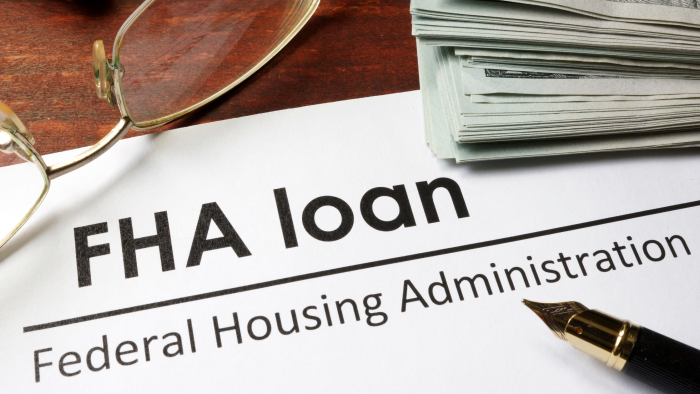FHA Loans Demystified: Your Ultimate Guide to Affordable Homeownership

Navigating the complexities of home buying can be overwhelming, particularly when exploring mortgage options. Among these options, FHA loans emerge as a favored and accessible choice, especially for first-time homebuyers. In this comprehensive guide, we’ll delve into the intricacies of FHA loans, equipping you with the knowledge needed to make well-informed decisions. Our insights are curated from trusted sources, including the U.S. Department of Housing and Urban Development (HUD), ensuring reliability and accuracy.
Understanding FHA Loans
What is an FHA Loan? An FHA loan is a mortgage insured by the Federal Housing Administration (FHA), a branch of HUD. Tailored primarily for first-time buyers and individuals with lower credit scores, FHA loans present an opportunity to purchase a home with a reduced down payment and less stringent credit prerequisites compared to conventional loans.
FHA vs. Conventional Loans The primary distinction between FHA and conventional loans lies in the level of government backing. FHA loans are government-insured, providing lenders with added security and often resulting in more favorable terms for borrowers. Conversely, conventional loans lack government insurance and typically necessitate higher credit scores and larger down payments.
Benefits of Choosing an FHA Loan
1. Lower Down Payments FHA loans are renowned for their minimal down payment requirement. As per HUD, borrowers with a credit score of 580 or higher can make a down payment as low as 3.5%.
2. Credit Flexibility An advantageous aspect of FHA loans is their flexibility regarding credit scores. HUD guidelines stipulate that borrowers with scores as low as 500 may still qualify, albeit with a higher down payment.
3. Generous Debt-to-Income Ratios FHA loans permit higher debt-to-income ratios compared to conventional loans, accommodating borrowers with elevated monthly debt obligations relative to their income.
4. Competitive Interest Rates FHA loans often feature competitive interest rates, particularly beneficial for borrowers with lower credit scores.
Eligibility Requirements for FHA Loans
1. Credit Score and Down Payment The FHA mandates a minimum credit score of 580 for a 3.5% down payment. For scores between 500 and 579, a 10% down payment is required.
2. Steady Income and Employment HUD guidelines emphasize the necessity of a stable income and consistent employment history spanning at least two years.
3. Primary Residence FHA loans are designated for primary residences only, ensuring that borrowers inhabit the homes they finance.
4. Mortgage Insurance Borrowers are obligated to pay mortgage insurance to safeguard lenders in case of default, comprising both an upfront and an annual premium.
Navigating the FHA Loan Application Process
1. Finding an FHA-Approved Lender Commence by identifying a lender approved to offer FHA loans. The HUD website furnishes a roster of accredited lenders.
2. Pre-Approval Securing pre-approval for an FHA loan is pivotal, providing insight into affordability and bolstering negotiating power when making offers.
3. Documentation and Application Prepare requisite documentation, including income verification, credit history, and employment verification, as delineated on the FHA’s checklist.
4. Property Requirements Ensure the property of interest complies with specified safety, security, and structural standards outlined by the FHA.
Conclusion
FHA loans serve as a gateway to homeownership for many individuals encountering challenges in meeting conventional mortgage criteria. With their reduced down payments, flexible credit requirements, and competitive interest rates, FHA loans represent a pragmatic and attainable option for prospective homeowners. For the latest information and guidelines, consult the HUD website.

